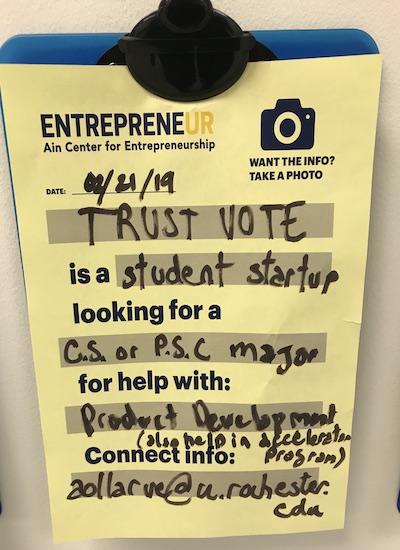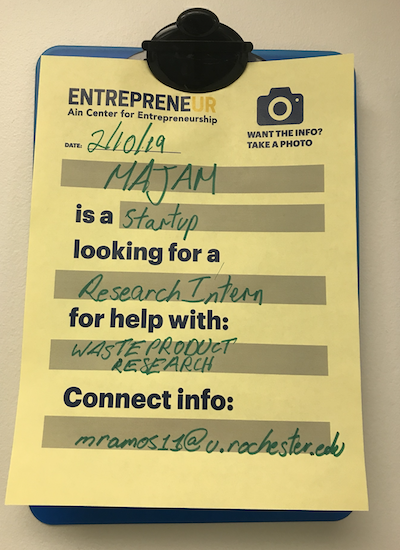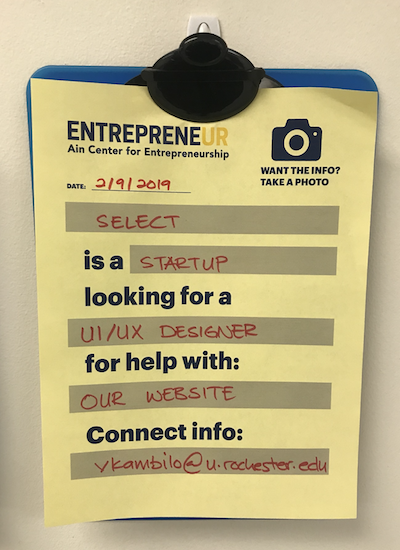5 Entrepreneurial Finance Tips
On Tuesday, February 26, the Ain Center hosted our second Mark Ain Business Model Workshop of 2019. Building on the fall Foundry Forum workshops, this series is designed to help entrepreneurs prepare for upcoming business plan competitions. This workshop – Money Matters: Funding Your Venture – covered a number of techniques and tricks for locating and securing funding for your project or enterprise. We’ve summarized five key points.
Read all five tips from the entrepreneurial finance workshop.





